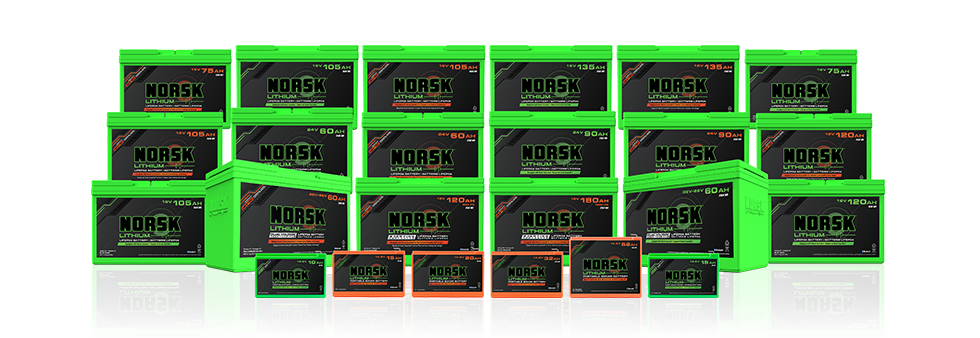The Last Battery You’ll Ever Buy for Your FFS Ice Fishing Shuttle
Step up to the ultimate in screen brightness, clarity, and unbelievable runtimes It’s no longer a...
Read More

Step up to the ultimate in screen brightness, clarity, and unbelievable runtimes It’s no longer a...
Read More🎁 Norsk Lithium Holiday Gift Guide 2025 🎁 Looking for the perfect gift for the angler in your...
Read MoreNORSK LITHIUM ® OFFERS INDUSTRY-BEST FEATURES & A LONGER WARRANTY A little over a year...
Read MoreEnsure your accessories and gear stay properly powered. Fall is here with countless...
Read MoreNorsk Lithium® 30AH and 50AH batteries produce the juice for today’s fishing tech Powering...
Read More